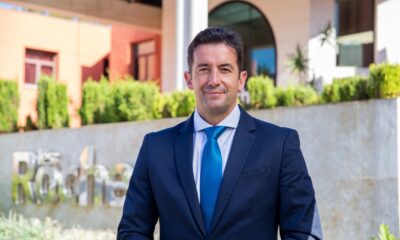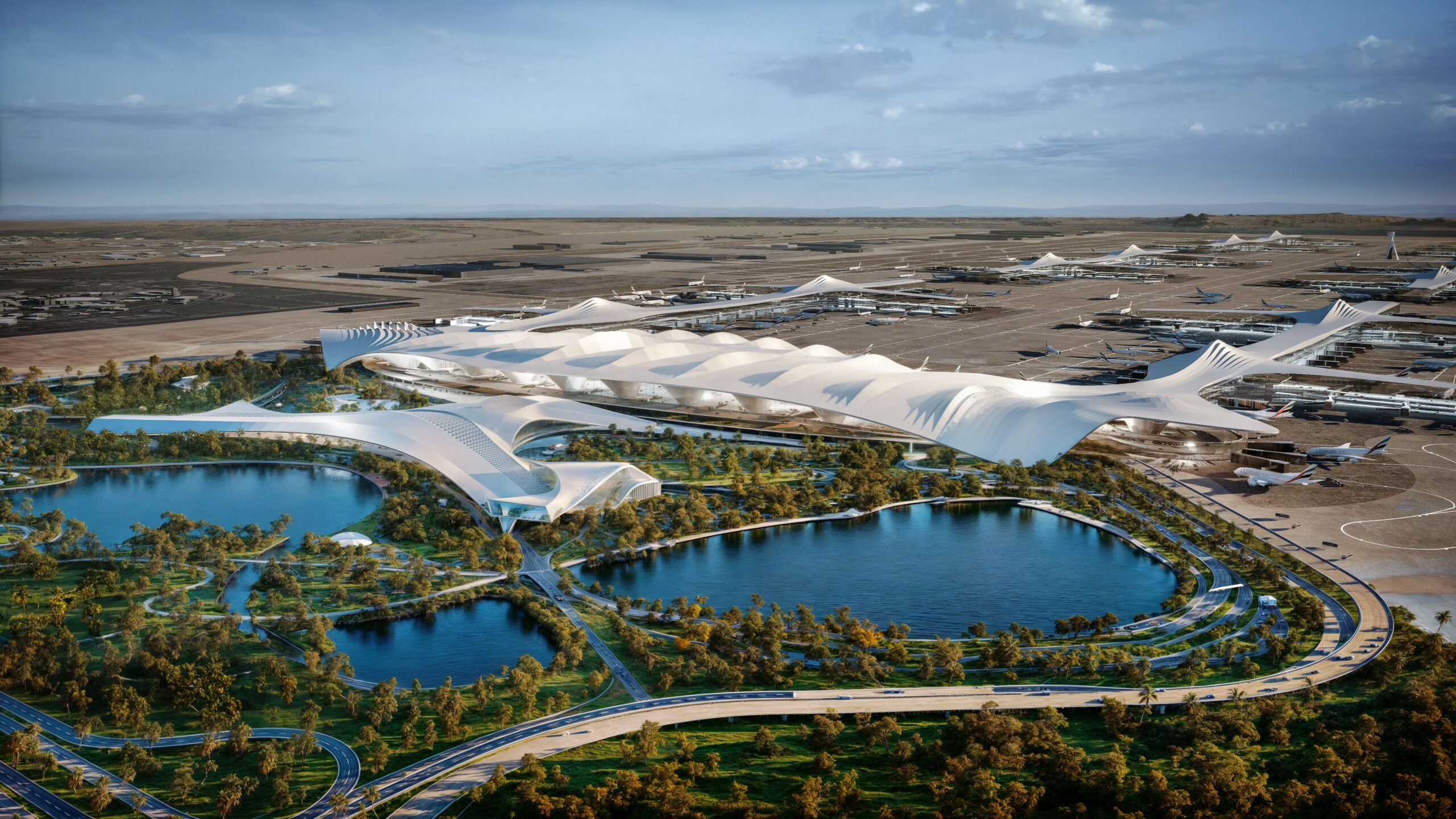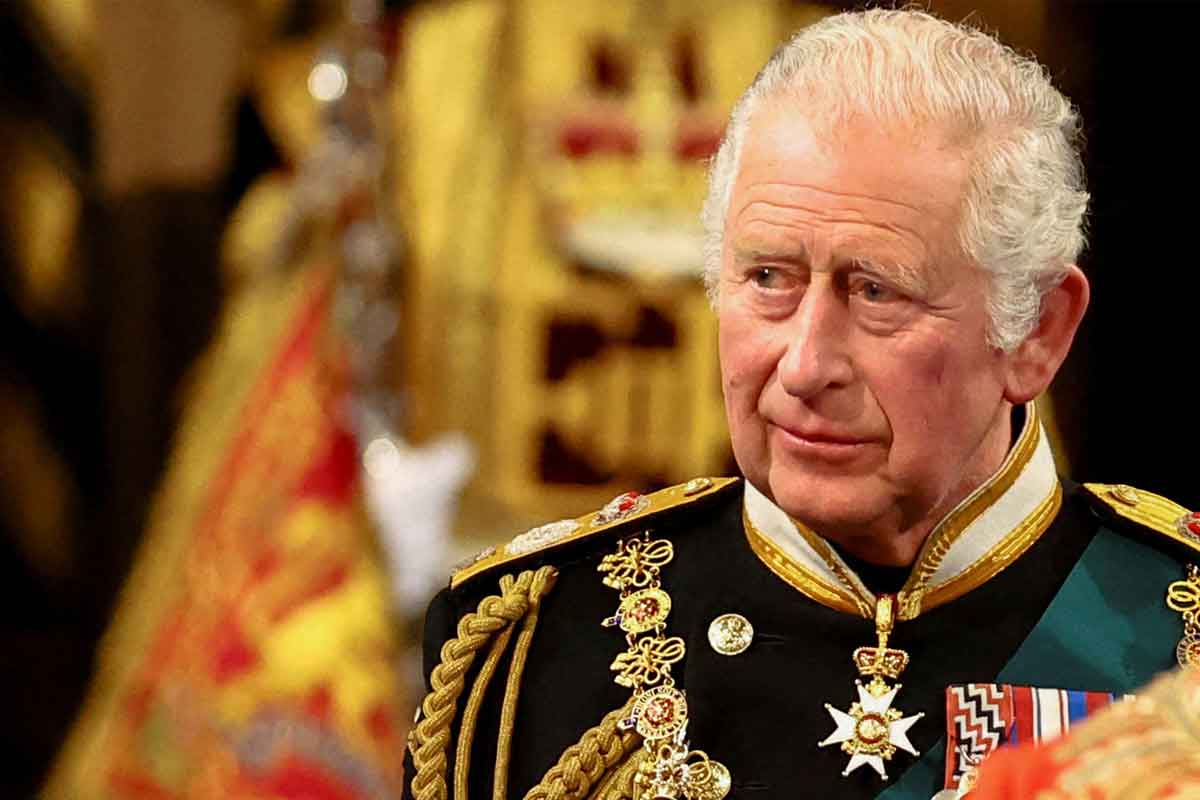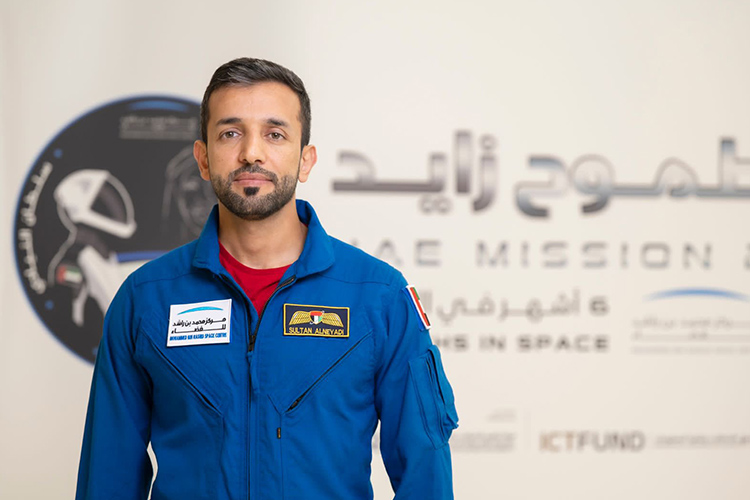Russia is banking, no pun intended, on its friends – UAE and India – to brace itself from the tightening noose of sanctions from Western countries in the trail of its continued war on Ukraine.
While India has continued to do oil imports and trade with Russia, the latter has started to route payments through the UAE dirham, according to a Reuters report.
Russia is seeking payment in dirhams for oil exports to some Indian customers, three sources said and a document showed, as Moscow moves away from the US dollar to insulate itself from sanctions by America and its allies since the invasion of Ukraine began in late February.
An invoice seen by Reuters shows the bill for supplying oil to one refiner is calculated in dollars while payment is requested in dirhams.
Russian oil major Rosneft is pushing crude through trading firms including Everest Energy and Coral Energy into India, now its second biggest oil buyer after China.
Western sanctions have prompted many oil importers to shun Moscow, pushing spot prices for Russian crude to record discounts against other grades.
That provided Indian refiners, which rarely bought Russian oil due to high freight costs, an opportunity to snap up exports at hefty discounts to Brent and Middle East staples. Moscow replaced Saudi Arabia as the second biggest oil supplier to India after Iraq for the second month in a row in June.

Payments in rupees from India is being funneled to Russia through the UAE exchange route.
The few Indian businesses and banks are taking a leaf from an old trade playbook they had relied upon during the US embargo on Iran. At least two Indian refiners have already settled some payments in dirhams, the sources said, adding more would make such payments in coming days.
India, also maintaining a neutral position, recognises insurance cover by Russian companies and has offered classification to ships managed by a Dubai-based subsidiary of Moscow’s top shipping group to enable trade.
India’s central bank last week introduced a new mechanism for international trade settlements in rupees, which many experts see as a way to promote trade with countries that are under Western sanctions, such as Russia and Iran. The invoice showed payments to be made to Gazprombank via Mashreq Bank, its correspondent bank in Dubai.
_______________
ALSO READ
Dubai property sales spike in volumes as May comes to an end
UAE reportedly close to deal with Taliban to run Afghan airport
_______________
The UAE has maintained a neutral position with Russia and is not part of the sanctions on Moscow. Many Russians have also even lapped up property in Dubai and are driving a momentum in the real estate market in the UAE.
Russia wants to increase its use of non-Western currencies for trade with countries such as India, its foreign minister Sergi Lavrov said in April.
The country’s finance minister last month also said Moscow may start buying currencies of “friendly” countries, using such holdings to influence the exchange rate of the dollar and euro as a means of countering sharp gains in the rouble.
The Moscow currency exchange is preparing to launch trading in the Uzbek sum and the dirham.
Russia’s state oil producer is also explored the idea of creating a trading venture in Dubai just like others who have a direct connection and are trying to work around the sanctions.
In June, Bloomberg cited a S&P Global Commodity Insight report that Litasco SA, a trading unit of Russia’s Lukoil PJSC, is looking at Dubai for a new head office. Litasco declined to comment at the time but said it would ensure it complied with all applicable sanctions.

 Announcements6 months ago
Announcements6 months ago
 Announcements5 months ago
Announcements5 months ago
 Sports5 months ago
Sports5 months ago

















